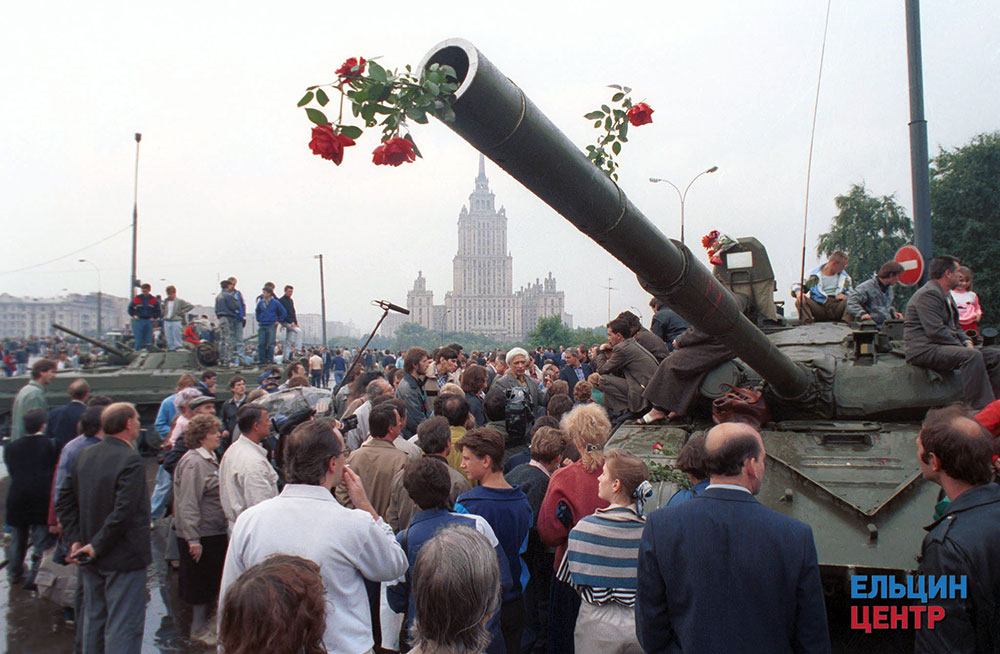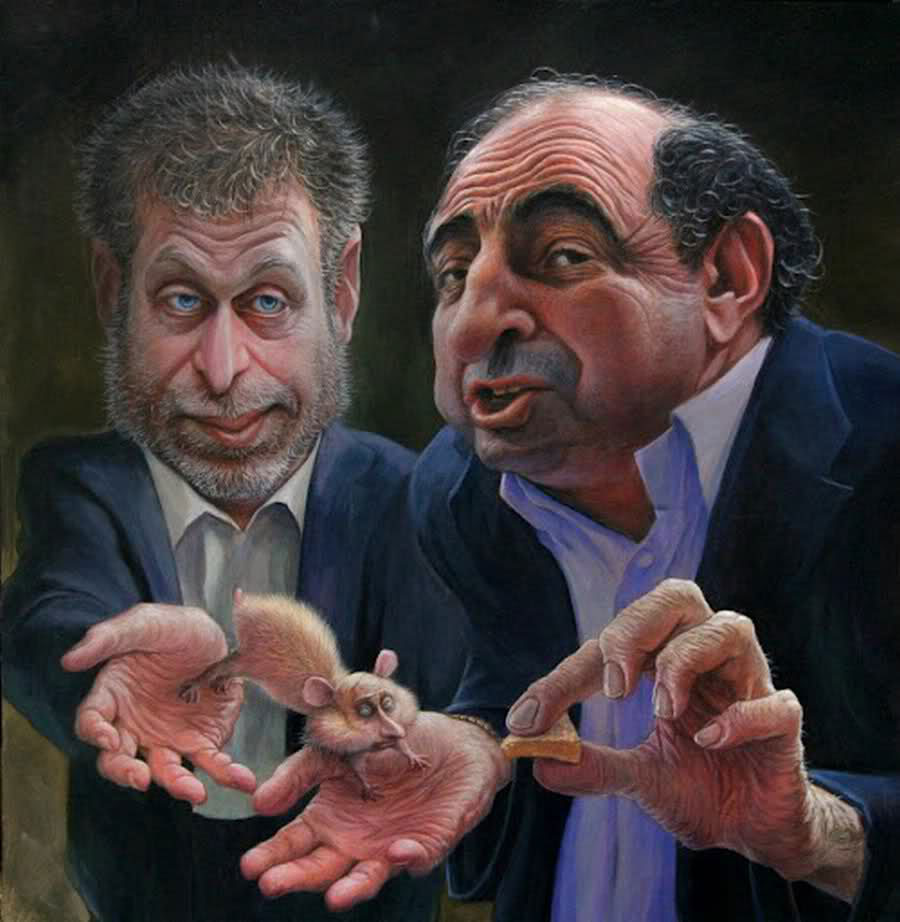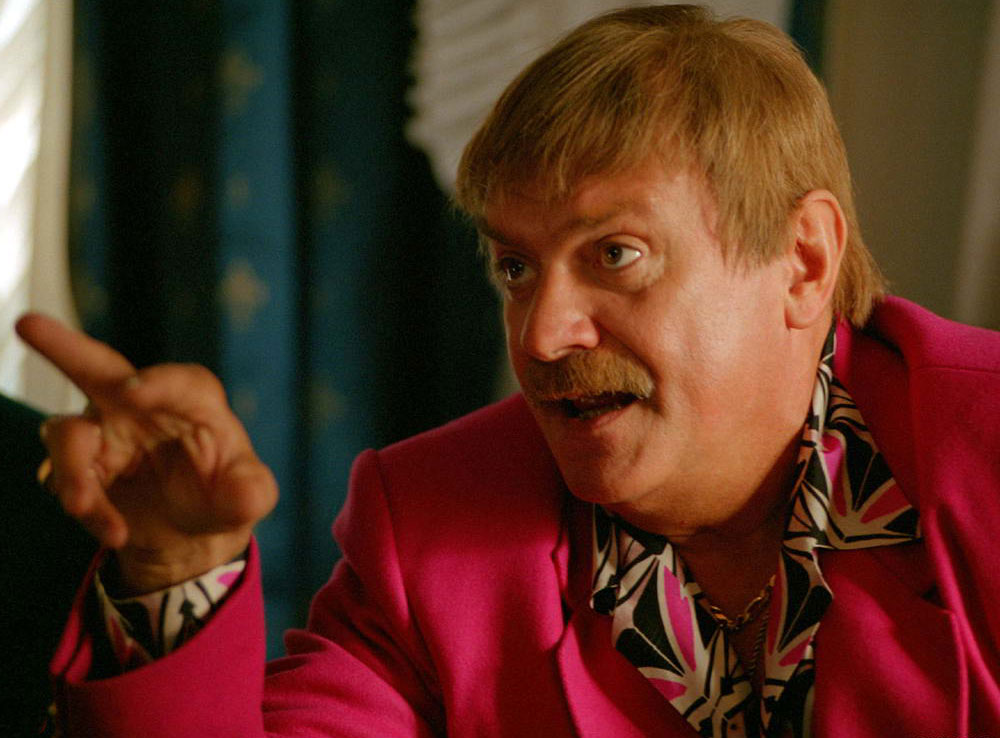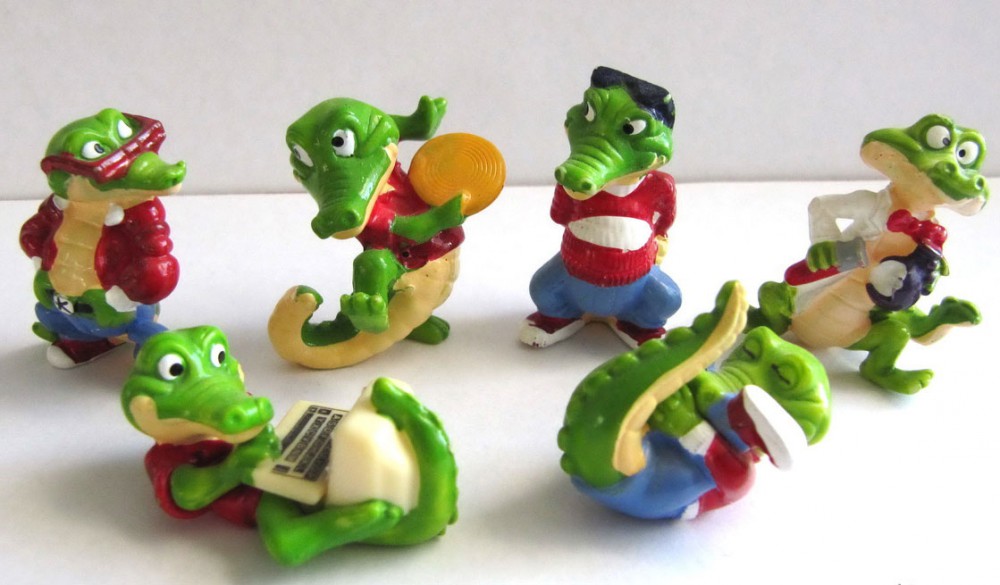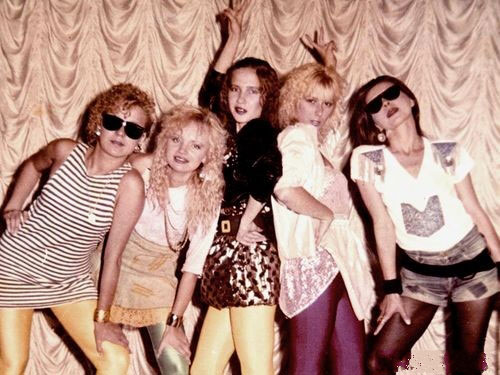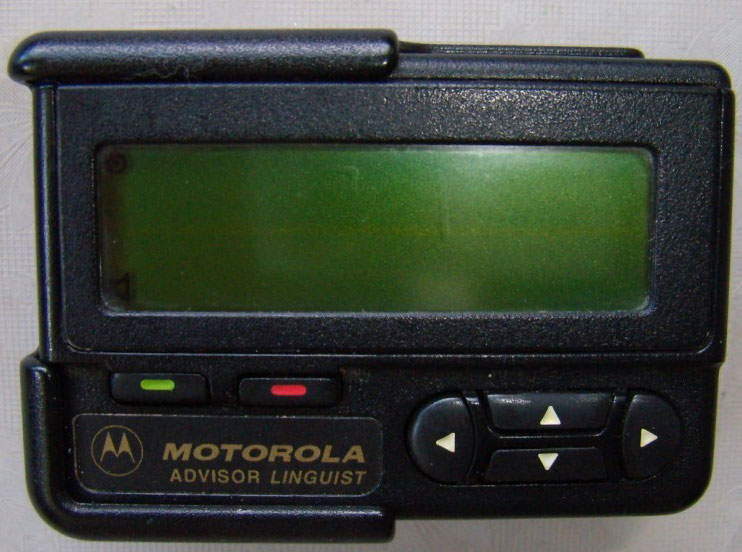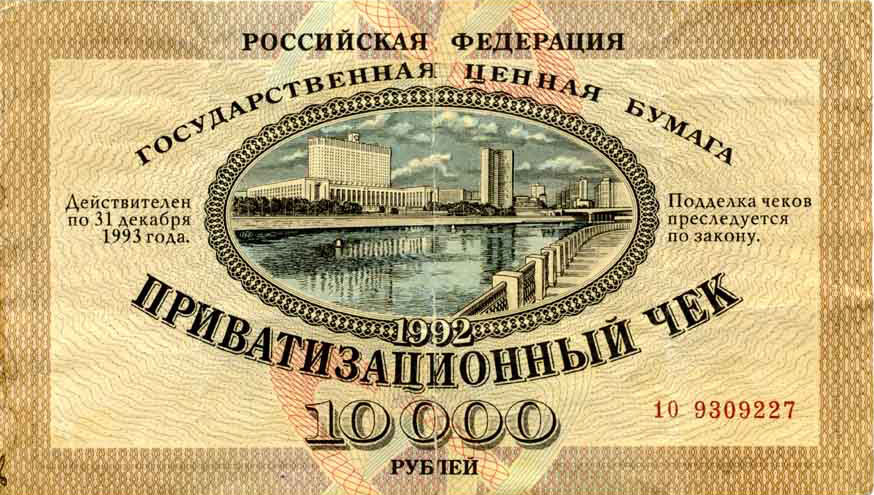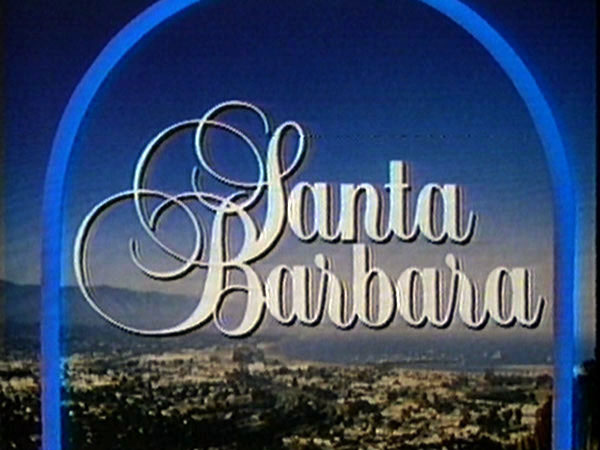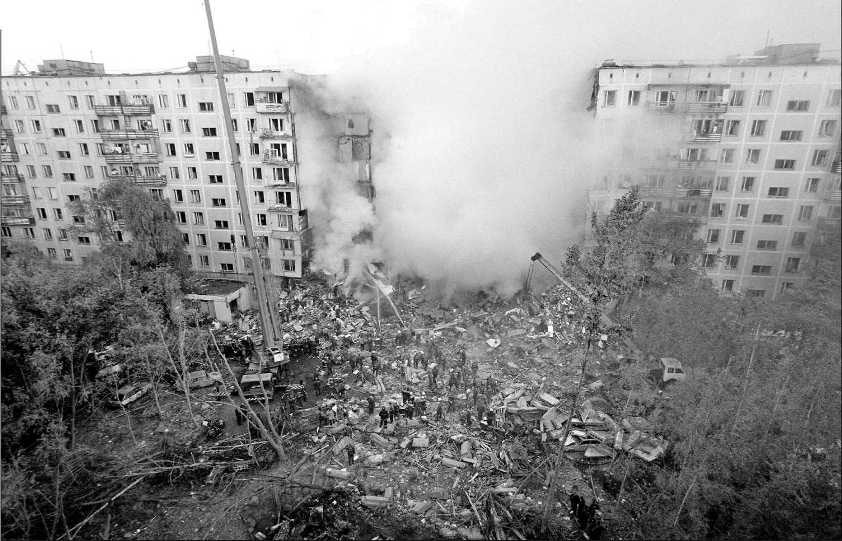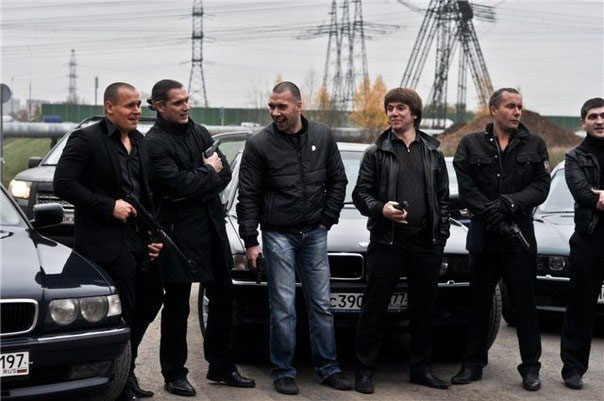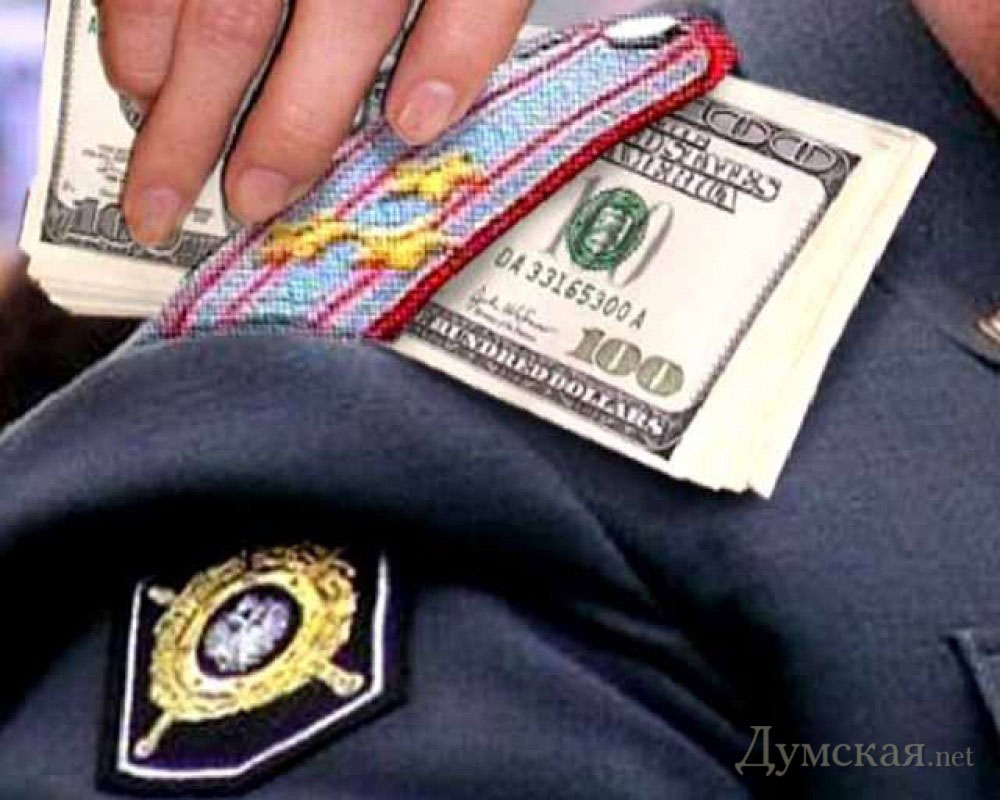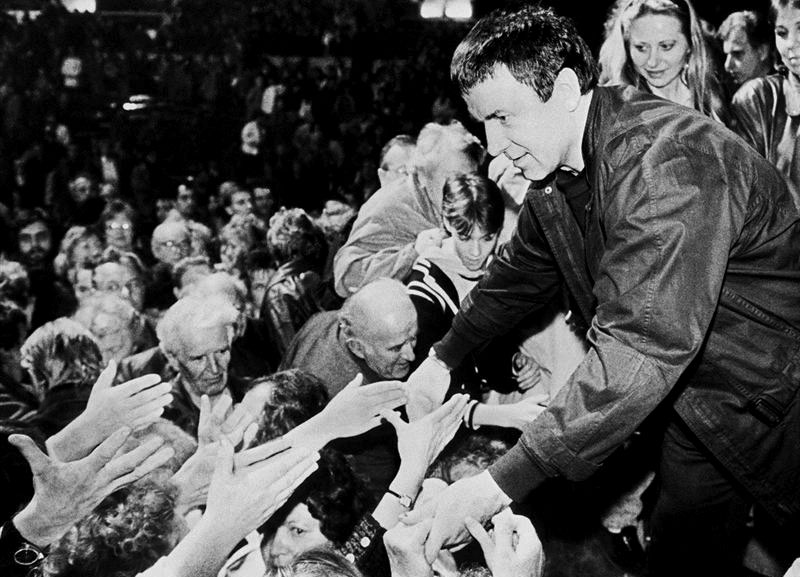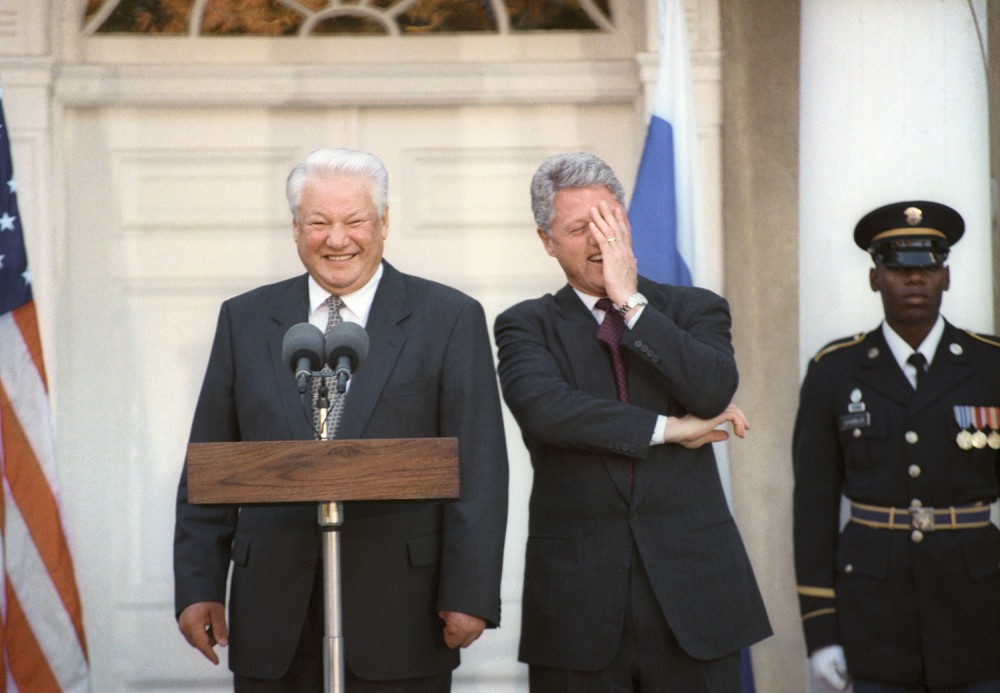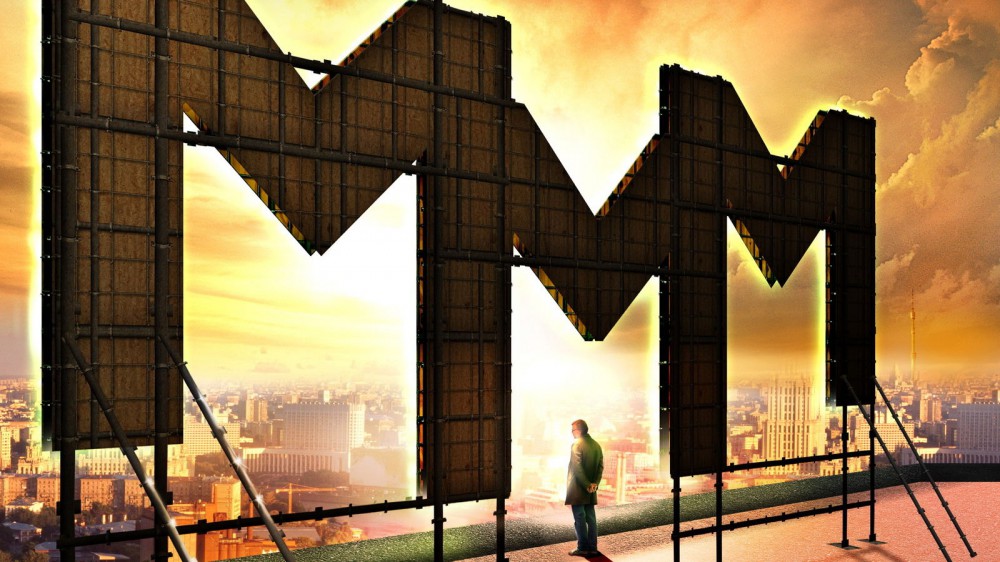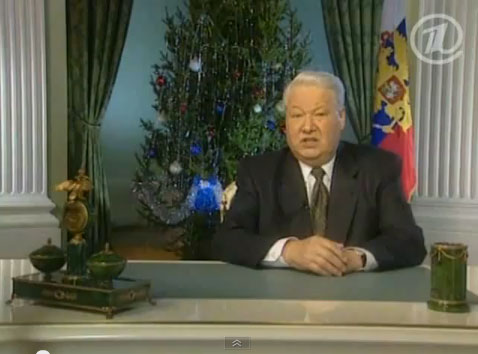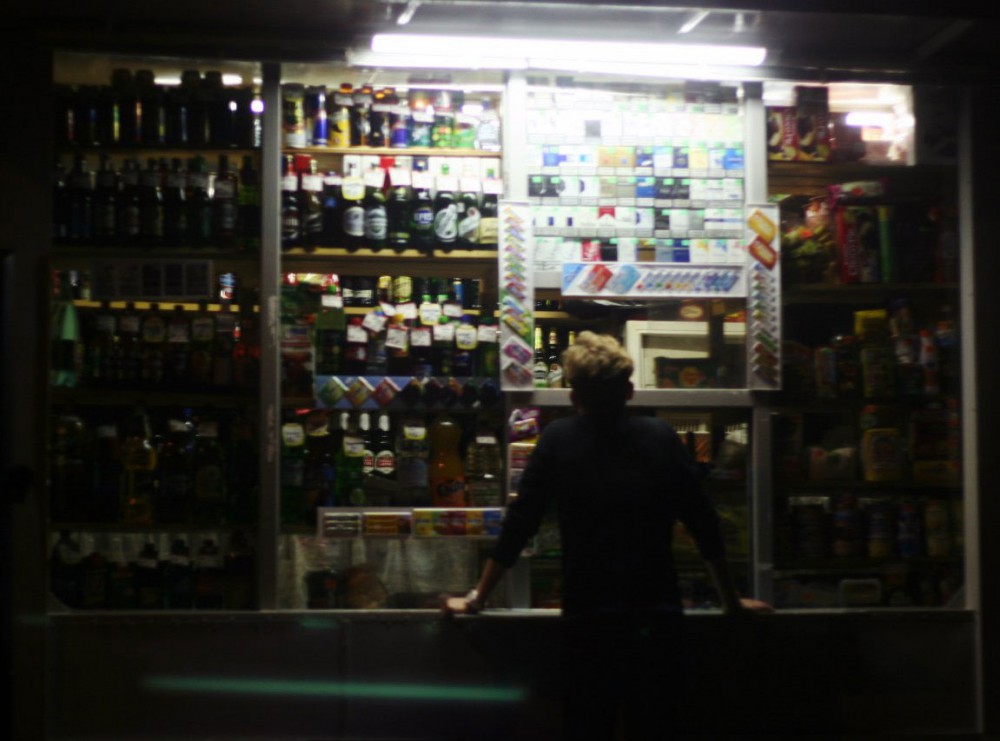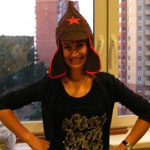Between the stagnating Soviet Union of the 1980s and the Russia-oh-haven-of-stability-thou-name of the 2000s came the 1990s. A bizarre decade where things changed so fast that even twenty years later, we don’t quite know what happened. And we are the people who were around then (albeit pleasantly shielded by our young age and protective parents).
But the “likhiye devyanostyye” (“the roaring 90s”) had such a titanic impact on popular Russian culture that we simply couldn’t at least try to explain some key bits of this definitive decade, with our special-purpose glossary.
